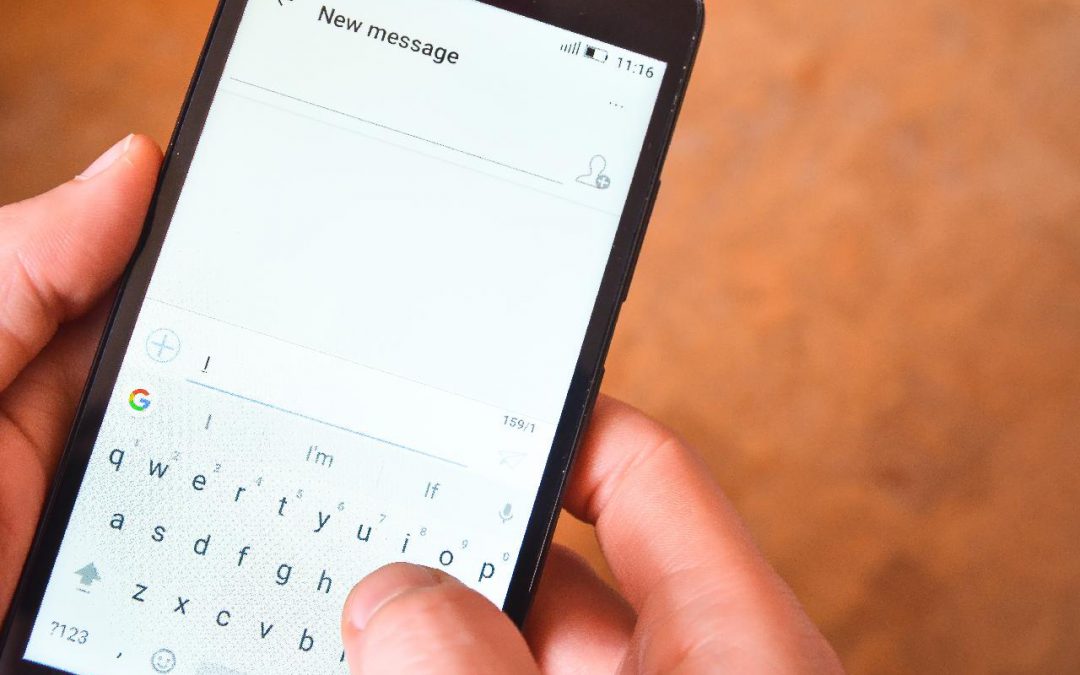 If you don’t learn how to manage email, you will soon be controlled by it. Be specific and direct in your e-mails. Never simply ask for their “thoughts” or “suggestions.” Indicate what you think about it or are considering or have already been advised to do, and allow them to select the one that they think is best or an alternative solution. Help them to help you.
If you don’t learn how to manage email, you will soon be controlled by it. Be specific and direct in your e-mails. Never simply ask for their “thoughts” or “suggestions.” Indicate what you think about it or are considering or have already been advised to do, and allow them to select the one that they think is best or an alternative solution. Help them to help you.
Leave no doubt as to the purpose of the email, and action to be taken by the recipient. Include it in the first sentence – or if you can include it in the subject line, that’s even better.
When you have several questions to ask, list them one after the other on separate lines so the recipient won’t miss any. Also, when you receive an email message asking several questions, do likewise, recording your answers in red immediately below each question. But avoid strange fonts and colors. And never use a size smaller than 10 point. Keep the reader in mind.
According to Geraldine Markel, PhD, writing in the February, 2012 issue of Speaker magazine, studies show that dealing with interruptions at work consumes over 2 hours a day – 28% of the workday. A large portion of this time for many people is the result of continually checking email.
People tend to immediately click “Reply” to incoming email messages because it’s quick, easy and convenient to do. But if it results in back-and-forth strings of email messages, it would have been more efficient to have picked up the phone and resolved the issue. Don’t forget that there are other ways to communicate.
Don’t check email continuously throughout the day. If you are in the habit of checking email every 5 or 10 minutes, cut back gradually. Once you have adjusted to that decrease in frequency, cut it down to once every 90 minutes, then every two hours. Aim to get it down to 3 times a day. That could be in the morning, noon and late afternoon.
Handling your email in batches every 90 minutes or so will not only give you time to focus on your priority projects throughout the day, but it will also allow you to spot any multiple messages from the same person, allowing a single reply. You can prioritize all the messages, and quickly delete any spam, ezines or messages not requiring a response.
Timothy Ferriss, in his book The 4-Hour Workweek, claims he checks his email no more than once per week. He insists that any lost orders or other problems are overshadowed by his gain in efficiency. Personally, I wouldn’t go to this extreme. But twice per day does not seem unreasonable. The fewer times you check email, the less time you consume.
Manage your email and chances are your interruptions will decrease, your effectiveness will improve, and there will be little if any negative impact on your clients, associates or friends.


Recent Comments